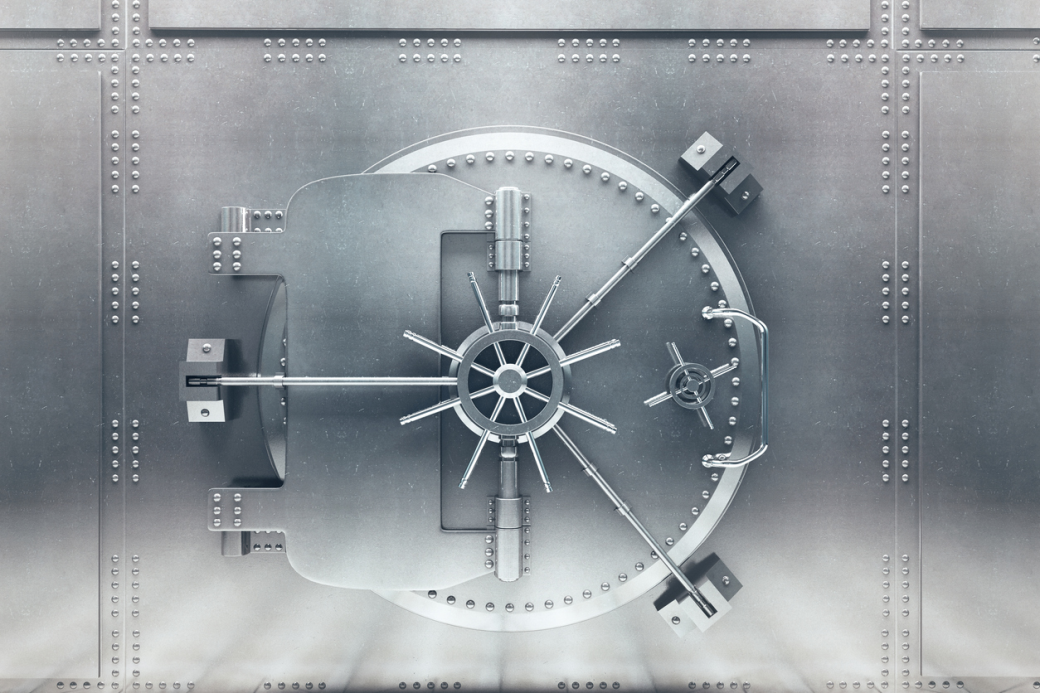
An ounce of prevention is worth a pound of cure. This is a saying that you’ve probably heard time and time again throughout your life. On a fundamental level all of us know that it is true. Unfortunately, the opposite is also true. Isn’t it better to be prepared for something that doesn’t happen as opposed to not being prepared for something that does? This is the same mentality you need to have when it comes to protecting your e-commerce store.
If you don’t take the time now to create the appropriate security measures, you’re going to hate yourself in the future if you get hacked, your customer's information gets stolen, you lose money, and your reputation is ruined all because you didn’t think that it was possible for you to get hacked.
E-commerce security is unbelievably important if you’re going to be an online retailer. It’s not a minute detail. It is a priority.
1. Be Selective When Choosing a Host
Prioritize finding the right host for your e-commerce store. Choose one that’s reliable. Choose one that is a reputable and takes security seriously. You want a host that has up-to-date software. They should advertise what they do to monitor and prepare for attacks. You should know what steps they take to isolate hacks as well as prevent the spread of viruses from other sites if you use a shared server.
2. Choose Strong Passwords for Your Site
Even though you knew that we were going to talk about creating a strong password for the backend of your website, it’s still something we feel we need to mention. Often, when you create passwords for different sites, they require a host of things, including capital letters, numbers, and symbols.
Avoid easy-to-guess passwords, such as your birthday, your anniversary, or your dog’s name. It is recommended that you stay away from words that can be found in the dictionary. The longer your password is, the better. Longer passwords are harder to hack.

3. Strong Firewalls
Strong firewalls make happy customers. A firewall can be physical or software-based. Its purpose is to be a go-between between a number of networks. It either authorizes or prevents access. This is important with an e-commerce website because your website is going to receive a ton of traffic. Your firewall will monitor that traffic and then protect you from the inside out.
4. Two Factor Authentication Should Be a Must
This is important when it comes to logging into the backend of your website. A second level of security in addition to your password makes your site more secure. There are a number of options for two factor authentication. Many of these will use your cell phone. A barcode or a code may be generated and sent to your cell phone. In order to access your store, you need to be able to put in your password plus the secondary code. Hackers and viruses won’t have this information, so they won’t be able to log in to your site and wreak havoc.
5. Encryption Software
Obviously, you are going to encrypt any confidential information that travels between the website and the browser. This is good, but it’s not enough. You want to keep hackers away from your code or any other sensitive information that you have. To do this, you need to make use of encrypted algorithms.
HTTPS is secure. It guarantees that the adjudication between the server and the browser are encrypted. It opens up a secure channel in a network that might not be secure. HTTPS makes use of SSL protocols to do the encryption. According to Aussie Hosting, regular checking for secure SSL certificates is an important method of avoiding phishing fraud. It is our recommendation that you use HTTPS throughout your entire store.
6. Educate Your Employees
There is only so much that you can do to keep your online store safe if your employees are not following best practices. Once you set up a list of security policies, share these with your employees. Help them to understand their role in keeping your online store safe. If your employees have access to private information and credentials, they are are responsible for keeping that information safe.
Your employees should know how to handle sensitive data. This is especially true when handling customer information. The information should only be shared through secure communication channels. Remember, your entire organization is responsible for protecting your customers. If there is a lapse in security, you will lose their trust. Once a customer’s trust is lost, it is difficult to get it back.

7. Do Not Store Sensitive Data
Sensitive data cannot be stolen from your site if you don’t have any sensitive data stored. At the end of the day, there is no reason for you to have tons of records about your customers, especially credit card numbers or expiration dates. In fact, PCI standards forbid storing such information. If you have old databases, it’s recommended that you purge them. Keep the minimal amount of information about your customers. You may just want to have the credit card information needed for chargebacks or refunds.
If you don’t have storehouses of information about your customers, it might be a little bit less convenient for them during checkout. However, it is a whole lot better to have your customers mildly frustrated during the checkout process than to have them lose complete trust when their information is stolen. If you don’t have anything to steal, you won't to be robbed.
There you have it. These are seven tips for creating a more secure online store. Remember, security is important for you as an online retailer. Do not mistakenly believe that security is a minor detail. It is a priority. What steps have you taken to secure your e-commerce store? Let us know in the comments section below.





Leave a reply or comment below